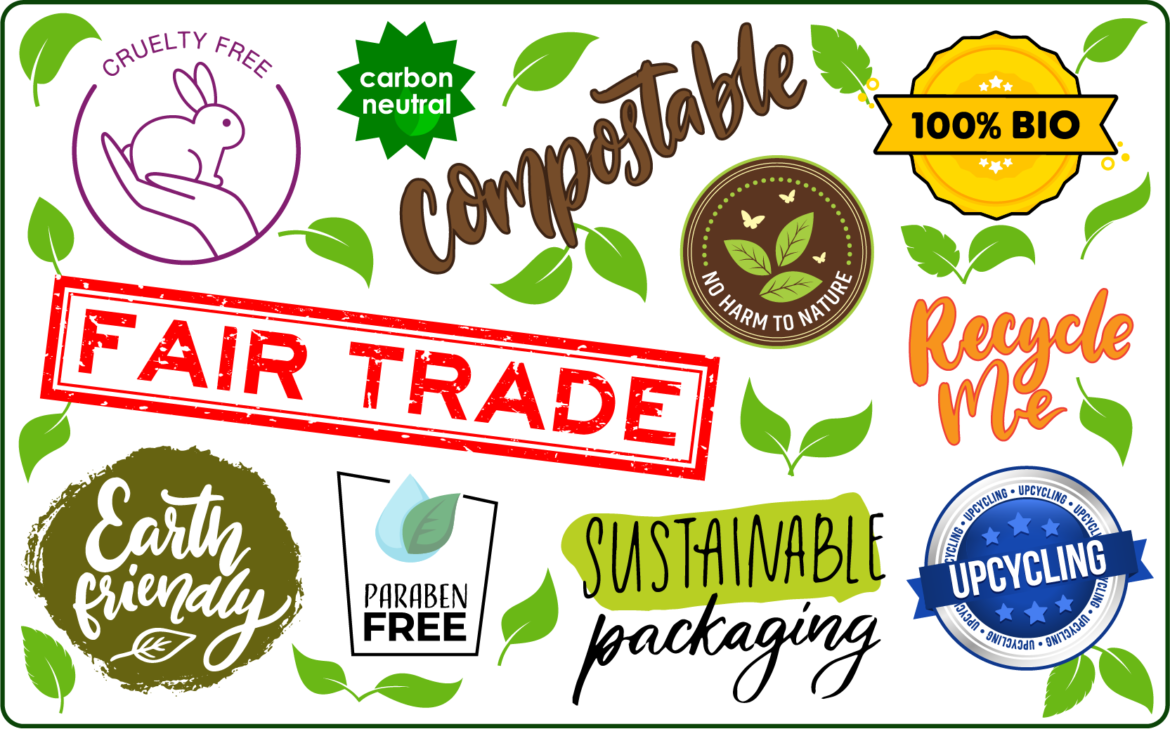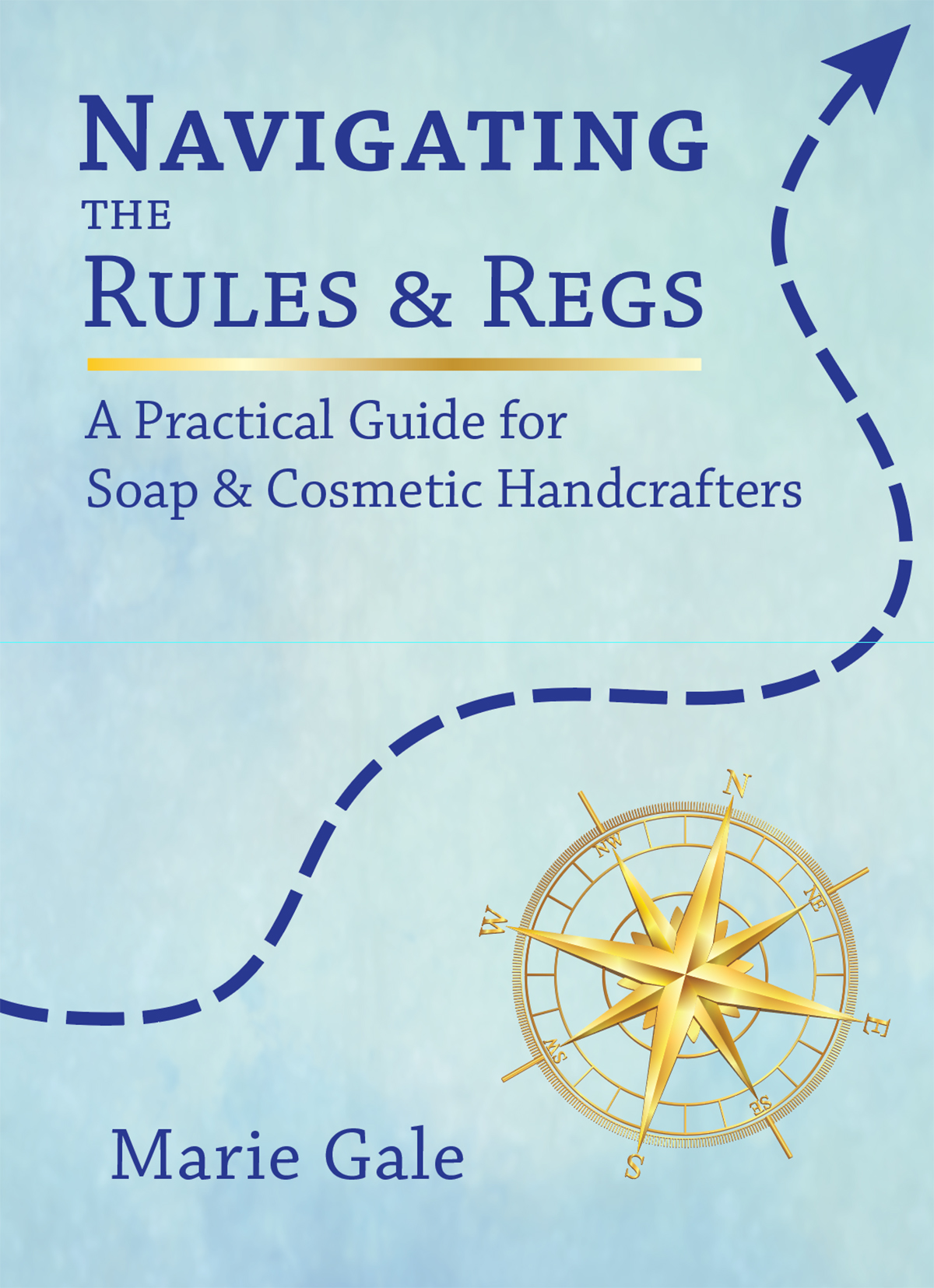The FTC has started its every-10-year review of the Green Guides. As the first step, they’ve asked for comments. The comment period has been extended to April 24, 2023.
What Are The Green Guides?
Greenwashing is when a company promotes their company or a product or service in a way to make it apprear “green” when it isn’t, really. It includes things like using environmentally friendly imagery (think a mining company using a tree and flowers for a logo), overstating environmental benefits (“recyclable” when only the paper wrap is recyclable, not the bottle or lid), or outright lying (“sustainable packaging” that isn’t sustainable). Greenwashing is widespread and has resulted in lowered belief in environmental claims.
The Green Guides are the regulations issued by the Federal Trade Commission which cover “environmental claims” (“green claims”) and set standards for what is considered a truthful claim. It’s part of fulfilling their mandate to ensure truth in advertising. They were first issued in 1992 and updated in 1996, 1998 and 2012.
In general, they currently cover claims such as:
- Compostable
- Degradable
- Free-of claims
- Non-Toxic
- Recyclable
- Recycled Content
- Refillable
- Made with Renewable Energy
- Made with Renewable Materials
- Carbon Offsets
- Certifications and Seals of Approval
What Changes are Coming?
The FTC hasn’t announced their proposed rules yet; that’s the next step. The first step is getting comments on the impact and effectiveness of the current Green Guides, possible changes to several existing claims, and input on several new claims they are considering addressing:
“Organic”
In the last update to the Green Guides (in 2012) the FTC decided not to issue guidance on “organic” claims for non-agricultural products. They are now asking for comments on whether that position should be changed and, if they did issue guidance for “organic” claims for non-agricultural products, what would be a “reasonable basis to support an organic claim.” In other words, what would be considered “truthful?”
“Sustainable”
The FTC also declined to issue specific guidance regarding the use of “sustainable” claims. They have subsequently issued some comments on “sustainable” claims, but those are not actually in the regulations. They are asking for comments about what would be a reasonable basis to support a “sustainable” claim.
Given the questions being asked, it’s likely that some sort of official regulations covering organic claims for non-agricultural products and sustainable claims for products, services, or businesses may be in the works.
Submitting Your Comments
The list of questions being asked by the FTC can be found at www.regulations.gov Docket number FTC-2022-0077-0001.
To view the questions, click the “Document Details” tab. The list of questions is very long, but you don’t have to answer every one. You can just submit your comment, whatever it may be.
To view the existing comments, click the “Browse Posted Comments” tab.
The comment period was extended to April 24, 2023.



Leave a Reply